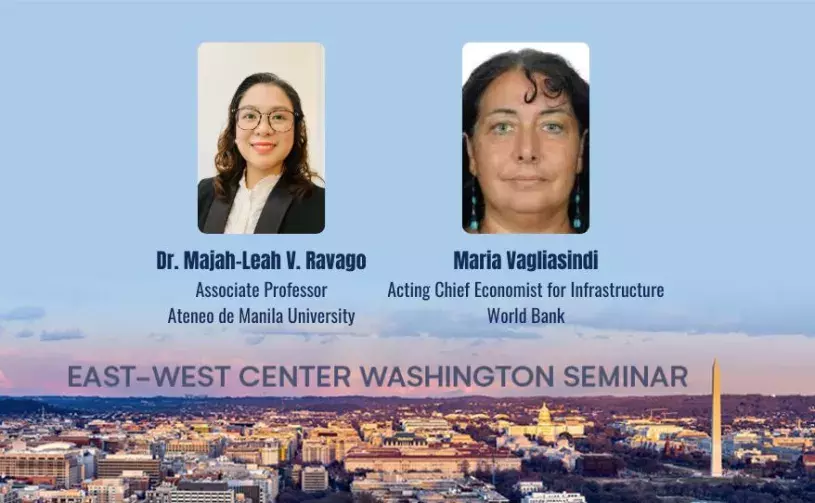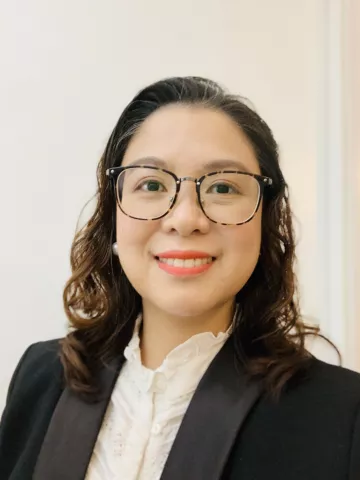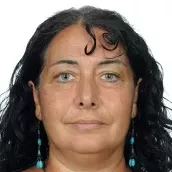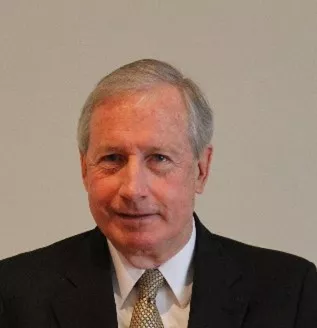Error message

OFFICE/DEPARTMENT
The East-West Center in Washington invites you to an
Indo-Pacific Democratic Values and Human Rights Series Seminar:
Energy Transition from a Developing Country Perspective: The Case of the Philippines
A Conversation With:
Dr. Majah-Leah V. Ravago
Associate Professor
Ateneo de Manila University
Maria Vagliasindi
Acting Chief Economist for Infrastructure
World Bank
Hank Hendrickson (Moderator)
Executive Director
US-Philippines Society
Facilitating energy transition in developing countries entails a different approach than in developed countries. While developed countries may choose to take leadership positions regarding climate mitigation, developing countries prioritize increasing living standards. Taking the Philippines’ case, this research aims to examine how expanding renewables in developing countries can help reduce energy costs and make them affordable. The Marcos administration's strategy for the energy sector, as provided in the Philippine Development (PDP) 2023-2028, is to have affordable, accessible, reliable, and clean energy. How would the transition affect the cost of electricity in the country?

Majah-Leah V. Ravago is the leading Philippine authority on electricity policy and advises the government, particularly the National Economic and Development Authority, the Department of Energy, and the members of Ph Congress on how to best facilitate the transition towards variable renewables and the possible role of LNG. She also serves as a policy consultant for the World Bank Manila, Asian Development Bank (ADB), ADB Institute, and USAID Ph. She is an Associate Professor at the Department of Economics, Ateneo de Manila University, and a U.S.-Philippines Alliance Research Fellow at East-West Center (EWC) in Washington, DC. She obtained her Ph.D. in Economics from the University of Hawai‘i in 2012 under the EWC Graduate Degree Fellowship Program.

Maria Vagliasindi leads analytical work and policy dialogue on energy and infrastructure reforms in several developing countries worldwide. She has written widely on the economics of competition, regulation, and public-private partnerships (PPPs), and also on governance of state-owned enterprises. Before joining the World Bank, she worked in the Chief Economist’s Office of the European Bank of Reconstruction and Development. She has also been teaching industrial and public economics at the University of Edinburgh. Maria holds an MPhil in Economics from the University of Oxford and a PhD in Economics from the University of Warwick.

Hank Hendrickson helped launch the US-Philippines Society in Washington D.C. in May 2012 and continues to serve as the Society’s Executive Director. He is a former U.S. Foreign Service Officer, with postings in East Asia (Philippines, Thailand, Singapore, and Korea), Europe, and the Middle East.
During his postings to Asia, Hendrickson spent two tours in the Philippines, as a political officer (1979-83) and Counselor for Political Affairs (1995-97). Prior to joining the Foreign Service, he was a commissioned officer in the Navy.
Hank graduated from Bucknell (BA) and holds a master’s degree from Georgetown University (MSFS).
The East-West Center in Washington invites you to an
Indo-Pacific Democratic Values and Human Rights Series Seminar:
Energy Transition from a Developing Country Perspective: The Case of the Philippines
A Conversation With:
Dr. Majah-Leah V. Ravago
Associate Professor
Ateneo de Manila University
Maria Vagliasindi
Acting Chief Economist for Infrastructure
World Bank
Hank Hendrickson (Moderator)
Executive Director
US-Philippines Society
Facilitating energy transition in developing countries entails a different approach than in developed countries. While developed countries may choose to take leadership positions regarding climate mitigation, developing countries prioritize increasing living standards. Taking the Philippines’ case, this research aims to examine how expanding renewables in developing countries can help reduce energy costs and make them affordable. The Marcos administration's strategy for the energy sector, as provided in the Philippine Development (PDP) 2023-2028, is to have affordable, accessible, reliable, and clean energy. How would the transition affect the cost of electricity in the country?

Majah-Leah V. Ravago is the leading Philippine authority on electricity policy and advises the government, particularly the National Economic and Development Authority, the Department of Energy, and the members of Ph Congress on how to best facilitate the transition towards variable renewables and the possible role of LNG. She also serves as a policy consultant for the World Bank Manila, Asian Development Bank (ADB), ADB Institute, and USAID Ph. She is an Associate Professor at the Department of Economics, Ateneo de Manila University, and a U.S.-Philippines Alliance Research Fellow at East-West Center (EWC) in Washington, DC. She obtained her Ph.D. in Economics from the University of Hawai‘i in 2012 under the EWC Graduate Degree Fellowship Program.

Maria Vagliasindi leads analytical work and policy dialogue on energy and infrastructure reforms in several developing countries worldwide. She has written widely on the economics of competition, regulation, and public-private partnerships (PPPs), and also on governance of state-owned enterprises. Before joining the World Bank, she worked in the Chief Economist’s Office of the European Bank of Reconstruction and Development. She has also been teaching industrial and public economics at the University of Edinburgh. Maria holds an MPhil in Economics from the University of Oxford and a PhD in Economics from the University of Warwick.

Hank Hendrickson helped launch the US-Philippines Society in Washington D.C. in May 2012 and continues to serve as the Society’s Executive Director. He is a former U.S. Foreign Service Officer, with postings in East Asia (Philippines, Thailand, Singapore, and Korea), Europe, and the Middle East.
During his postings to Asia, Hendrickson spent two tours in the Philippines, as a political officer (1979-83) and Counselor for Political Affairs (1995-97). Prior to joining the Foreign Service, he was a commissioned officer in the Navy.
Hank graduated from Bucknell (BA) and holds a master’s degree from Georgetown University (MSFS).













